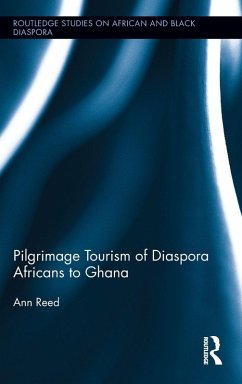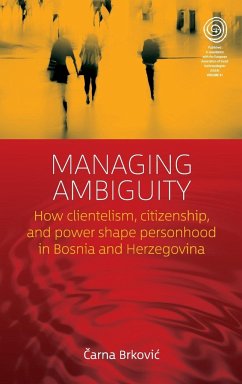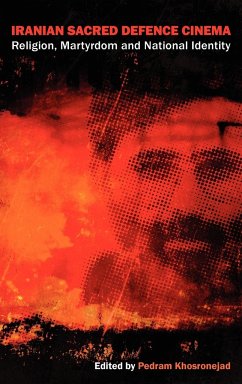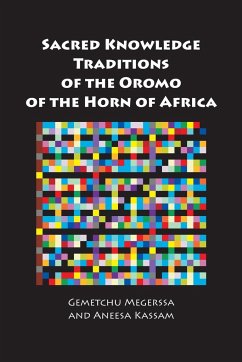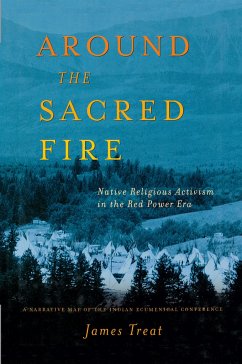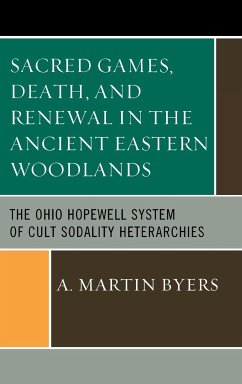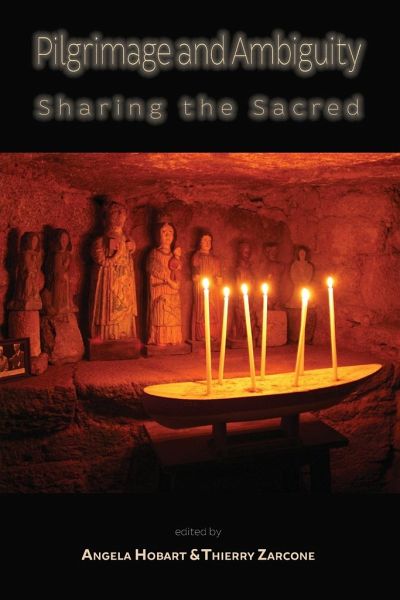
Pilgrimage and Ambiguity
Sharing the Sacred
Herausgeber: Zarcone, Thierry; Hobart, Angela
Versandkostenfrei!
Versandfertig in 1-2 Wochen
68,99 €
inkl. MwSt.

PAYBACK Punkte
34 °P sammeln!
‘Ambiguous sanctuaries’ are places in which the sacred is shared. These exist in almost all religions: tombs of saints, mausoleums, monasteries and shrines, a revered mountain peak, a majestic tree, a cave or special boulders in the river. This book examines this phenomenon in diverse parts of the world: in Europe, the Middle East, Asia and Brazil. What these ritual spaces share is the capacity to unsettle and challenge people’s experiences and understandings of reality, as well as to provoke the imagination, allowing universes of meanings to be interlinked. The spaces discussed reveal t...
‘Ambiguous sanctuaries’ are places in which the sacred is shared. These exist in almost all religions: tombs of saints, mausoleums, monasteries and shrines, a revered mountain peak, a majestic tree, a cave or special boulders in the river. This book examines this phenomenon in diverse parts of the world: in Europe, the Middle East, Asia and Brazil. What these ritual spaces share is the capacity to unsettle and challenge people’s experiences and understandings of reality, as well as to provoke the imagination, allowing universes of meanings to be interlinked. The spaces discussed reveal the many different ways the sacred can be shared. Different groups may once have visited sites that are nowadays linked to only one religion. The legacy of earlier religious movements is subtly echoed in the devotional forms, rituals, symbols or narratives (hagiographies) of the present, and the architectural settings in which they take place. In some pilgrimage sites, peoples of different faiths visit and take part in devotional acts and rituals – such as processing, offering candles, incenses and flowers – that are shared. The saints to whom a shrine is dedicated can also have a double identity. Such ambiguity has often been viewed through the lens of religious purity, and the exclusivity of orthodoxy, as confusion, showing a lack of coherence and authenticity. But the openness to interpretation of sacred spaces in this collection suggests a more positive analysis: that it may be through ambiguity transcending narrow confines that pilgrims experience the sanctity and power they seek. In the engaging and accessible essays that comprise Pilgrimage and Ambiguity the contributors consider the ambiguous forces that cohere in sacred spaces - forces that move us into the inspirational depths of human spirituality. In so doing, the essays bring us closer to a deeper appreciation of how ambiguity helps to define the human condition. This collection is one that will be read and debated for many years to come. Paul Stoller, West Chester University, Pennsylvania, 2013 Anders Retzius Gold Medal Laureate in Anthropology In a time of religious polarization, this fine collection of essays recalls that ambiguity, ambivalence and shared experience characterize the sacred as it is encountered in pilgrimages. Readers will travel through the Mediterranean, India, Pakistan and China, but also Western Europe and Amazonia, to discover saintly landscapes full of multiple meanings. Alexandre Papas, Senior Research Fellow, National Centre for Scientific Research, Paris




